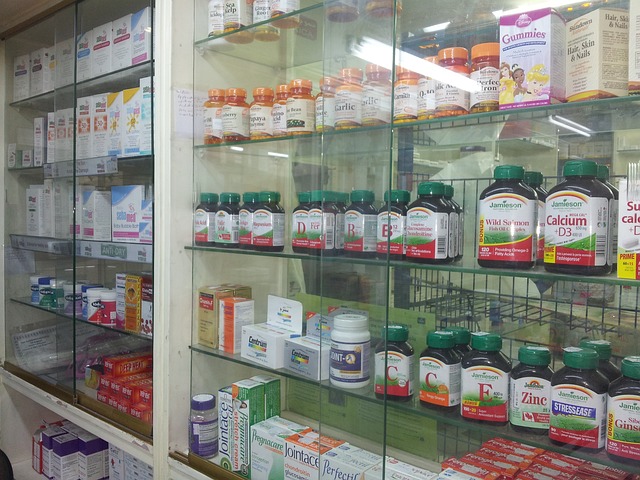Call us:+256789542927
Over-the-counter (OTC) medications are a readily available and convenient solution for addressing common health concerns. However, responsible usage is paramount to ensure their effectiveness and your well-being. In this comprehensive consumer’s guide, we will delve into the world of OTC medications, breaking down their categories, providing guidance on making informed choices, and sharing essential precautions for safe and effective usage. Empower yourself with knowledge to navigate the over-the-counter healthcare landscape.
1. Categories of OTC Medications:
a. Pain Relievers: – Commonly used for relieving pain and reducing fever. Examples include acetaminophen, ibuprofen, and aspirin.
b. Cold and Flu Remedies: – Designed to alleviate symptoms like congestion, coughing, and sore throat. Components may include decongestants, antihistamines, and pain relievers.
c. Allergy Medications: – Targeted at relieving symptoms of allergies, such as sneezing, itching, and congestion. Options include antihistamines and decongestants.
d. Digestive Health Aids: – Address issues like indigestion, heartburn, or nausea. Products may include antacids, acid reducers, or anti-nausea medications.
e. Topical Treatments: – Applied directly to the skin for conditions like pain, inflammation, or skin irritations. Examples include creams, ointments, and patches.
f. Sleep Aids: – Formulated to promote better sleep. Options range from herbal supplements to medications that induce drowsiness.
2. Choosing the Right OTC Product:
a. Understand Your Symptoms: – Identify your symptoms to choose the most suitable OTC product. Different medications target specific issues, so clarity about your symptoms is crucial.
b. Read Labels Carefully: – Pay attention to active ingredients, dosage instructions, and potential side effects. Avoid taking multiple medications with similar active ingredients to prevent accidental overdosing.
c. Consider Interactions: – Be aware of potential interactions with prescription medications or pre-existing health conditions. Consult with your pharmacist or healthcare provider if uncertain.
3. Precautions for Safe Usage:
a. Follow Recommended Dosages: – Adhere strictly to recommended dosages. More is not always better, and exceeding recommended amounts can lead to adverse effects.
b. Be Mindful of Allergies: – Check for allergens in the medication and be cautious if you have known allergies. Seek alternatives if necessary.
c. Avoid Long-Term Use: – OTC medications are intended for short-term use. Prolonged or excessive use may lead to complications, and persistent symptoms require professional evaluation.
d. Consult a Healthcare Professional: – If unsure about the suitability of an OTC medication, consult your healthcare provider or pharmacist. They can provide personalized advice based on your health history.
Conclusion: Empowering Consumer Choices
While OTC medications offer accessible relief for common ailments, responsible usage is essential. By understanding the categories, making informed choices, and following precautions, you empower yourself to use over-the-counter healthcare products effectively and safely. Remember, your pharmacist is a valuable resource for guidance, ensuring that your choices align with your health needs and goals. Take charge of your well-being, armed with knowledge and a commitment to responsible healthcare practices.


